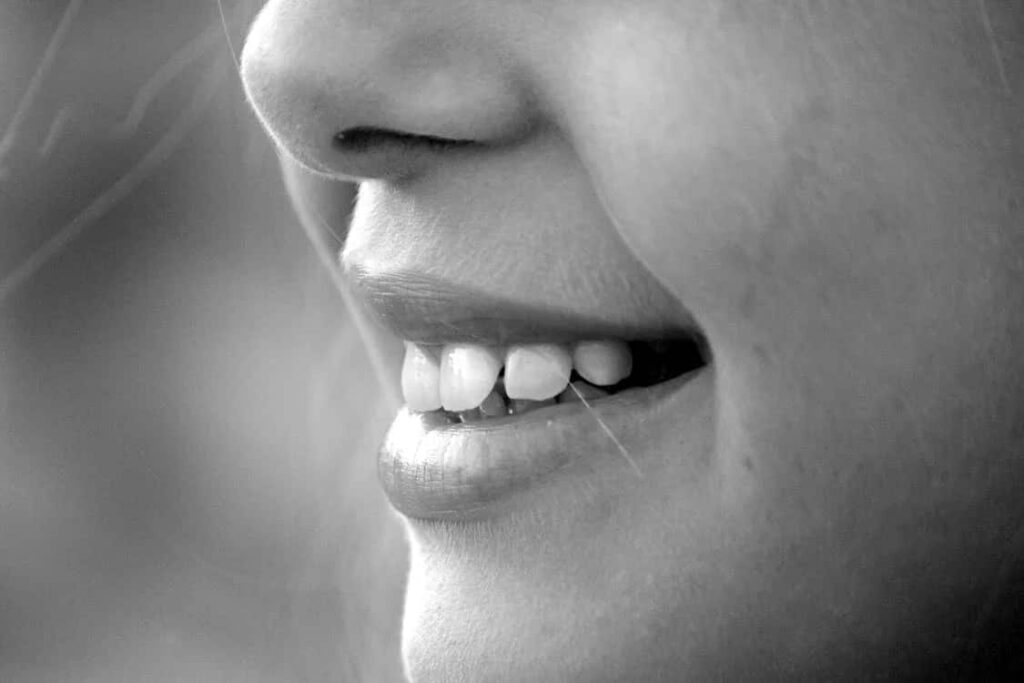Is Lemon Water Bad For Your Teeth?
A glass of lemon water in the morning has become an increasingly common habit, especially in people with stomach problems.
In fact, scientific studies confirm the health benefits of drinking lemon water.
The positive effects of lemon on human health are listed below:
- Aids digestion
- Contains plenty of vitamins and minerals (vitamin C, citric acid, potassium, calcium, phosphorus, magnesium and pectin)
- Strengthens the immune system
- Strengthens liver functions
- Dissolves gallstones
- Provides skin-nourishing antioxidants
- Reduces Inflammation
- It is effective in giving a feeling of satiety
- Freshens the breath
- Eliminates toxins with its antibacterial and antiseptic properties
- Maintains a healthy alkaline pH after being metabolized
- İs antibacterial against pathogens
- Reduces Joint Pain
- Supports weight loss and much more

Is Lemon Water Bad For Your Teeth?
However, this healthy practice has a downside. Lemon juice is very acidic (pH 2.0 – 2.5) and can damage your teeth. Worse still, people increase the damage done by drinking heated lemon juice.
Although the consumption of water with lemon every day provides various benefits, it harms your teeth.
Enamel is the coating at the top of the teeth. It is one of the most durable parts of the human body. It is highly mineralized, consisting mainly of a mineral called hydroxyapatite, a crystalline substance containing calcium and phosphorus.
Citric acid (the acid in lemon juice) acidifies the oral environment and causes calcium and phosphorus to decompose, causing the hardest tissue in the body to dissolve. When the enamel wears off, the teeth become sensitive and more prone to cavities. If care is not taken and unconscious use continues, expensive dental treatments will be needed. Therefore, prevention is always the best way.
Although daily excessive consumption of lemon water provides various benefits, it will harm your teeth. In addition, heated water accelerates the enamel demineralization reaction, increasing wear.
Should We Brush Our Teeth After Drinking Lemon Juice?
Another problem is that people brush their teeth after drinking lemon water, making sure to protect their teeth. In contrast, most toothpastes contain silica (sand), which helps wear away teeth sensitive to citric acid.
We’ll cover ways to avoid this situation below.
Sodas, energy drinks, and sweetened teas contain high concentrations of sugar and acids, including citric acid.
Also, remember that foods and drinks with high citric acid content can damage your teeth over time. Because various acids are often added to food products to improve flavor, reading the food label may be the best way to determine the acid content.
Sodas, energy drinks, and sweetened teas contain high concentrations of sugar and acids, including citric acid. These drinks make the perfect mix for causing cavities.
Bacteria in the mouth use these sugars to make acid. Teeth are also exposed to acids found in beverages. When athletes who take energy drinks before exercise have dry mouth, the harmful effects of these acids on the teeth are significantly intensified.
Ways Of Protection
But don’t worry, if the pH of your mouth doesn’t stay acidic for a long time, it’s okay to drink water with lemon. Here are some tips for protecting your teeth after drinking carbonated drinks and lemon juice:
- Think about how much lemon juice you add to your water. If your weight is under 70 kg, you can add half a lemon, if you are heavier, add a whole lemon to your water.
- Also consider the amount of water. Obviously, the more diluted the lemon juice, the better for your tooth enamel. It is recommended to drink lemon juice with 250 to 300 ml of water instead of little water.
- Use a straw placed at the back of the mouth to reduce the exposure of the teeth to acid. Please avoid plastic straws. There is already too much plastic in the world. Paper, bamboo or stainless steel chopsticks help protect our environment.
- After eating or drinking acidic foods, rinse your mouth with water for 30 seconds to eliminate residual acid. Chewing sugar-free gum to stimulate saliva production after a meal can also help neutralize the effects of acids in the mouth.
- Try drinking all the lemon juice at the same time. Drinking slowly will keep your saliva acidic longer, and we want to avoid that.
- Very important! Do not brush your teeth for at least 30 minutes after drinking lemon water or any acidic beverage. Better yet, brush your teeth before drinking your lemon water.
- Use fluoride toothpaste because it strengthens teeth and reduces sensitivity.
- An extra recommendation from us. Visit your dentist to check the status of your oral health and schedule maintenance visits. Don’t forget to tell him about your healthy habit.
If you have yellowing of your teeth, you can read this article.
